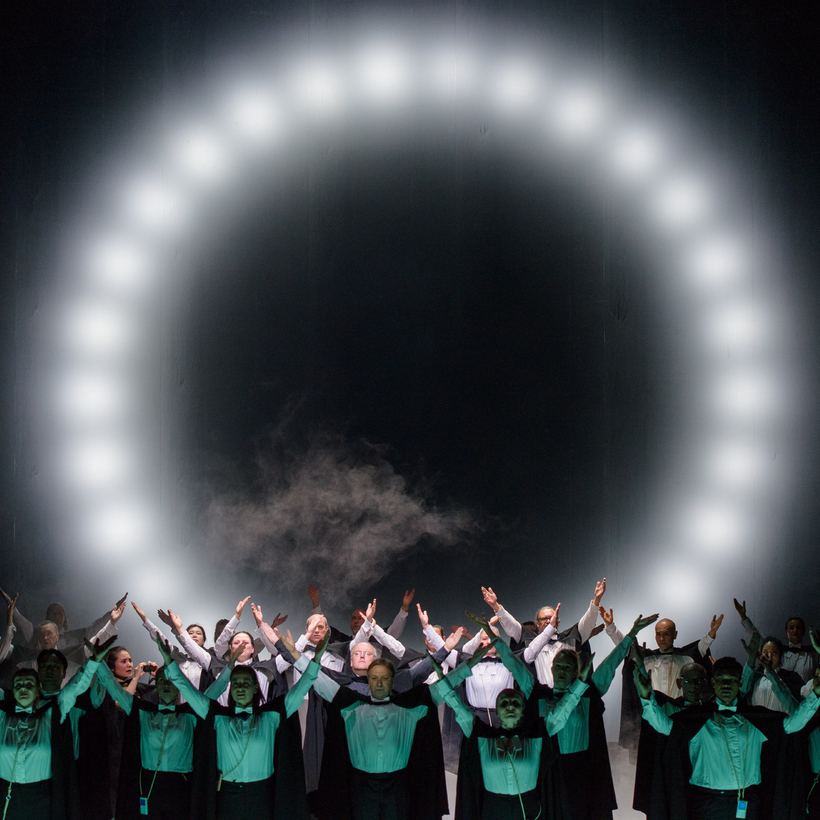It used to be called the Circle, back when Dave Eggers wrote his first, hugely successful, day-after-tomorrow consumer-tech dystopian novel of the same name in 2013. Now, however, his Facebook proxy has swallowed up an Amazon proxy — referred to disparagingly by its ever-loyal employees as “the jungle” — to dominate all commerce and communication across the globe under the new name the Every. Humanity, for the most part, has accepted that domination gladly.
And that is part of the genius of this remarkable piece of satire, riven as it is with horribly plausible ideas and horribly good jokes. It’s one thing to sound a warning about how we are on a slippery slope to a kind of consumerist fascism where we exchange liberty for convenience. What Eggers does so well is make the Every alluring as well as alarming.

